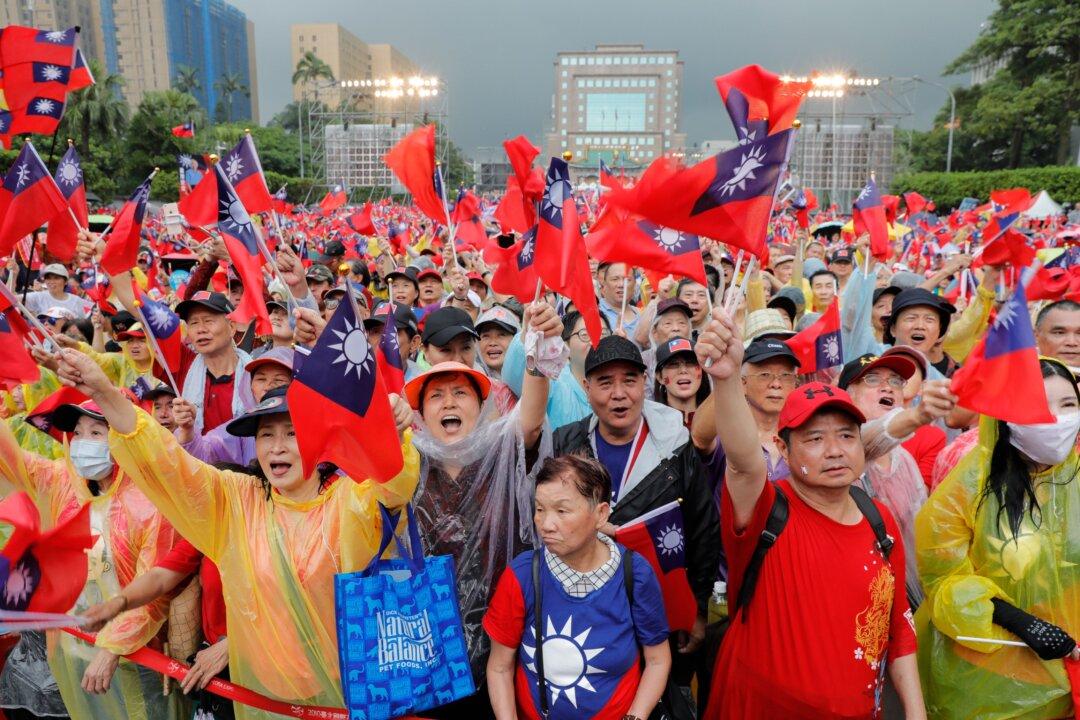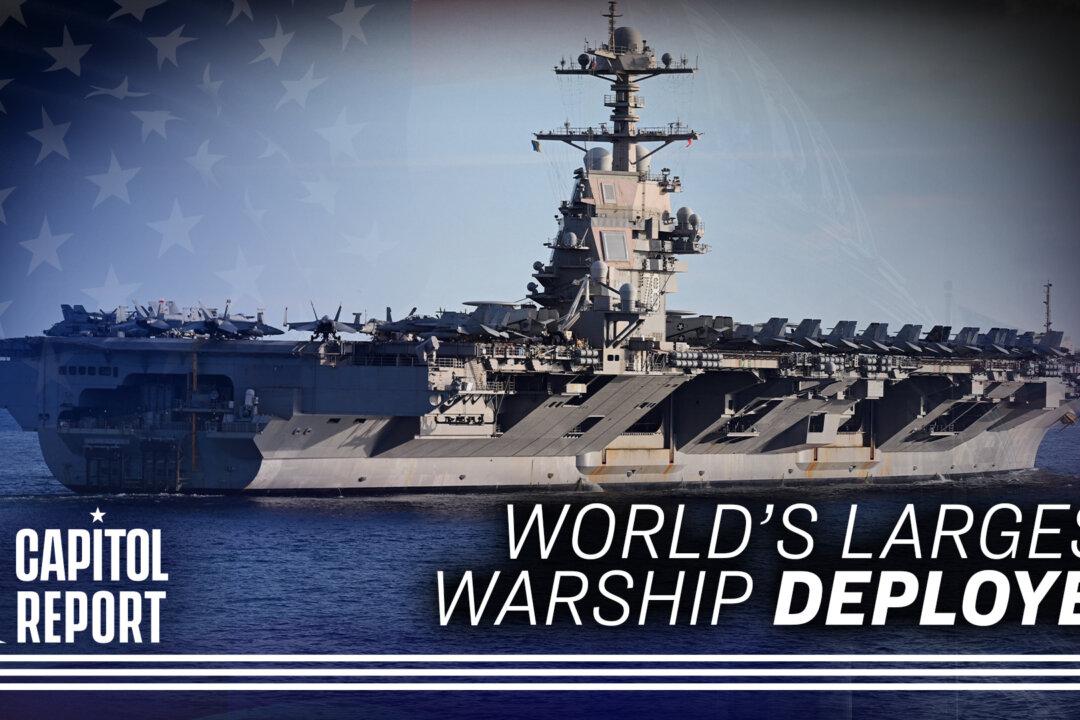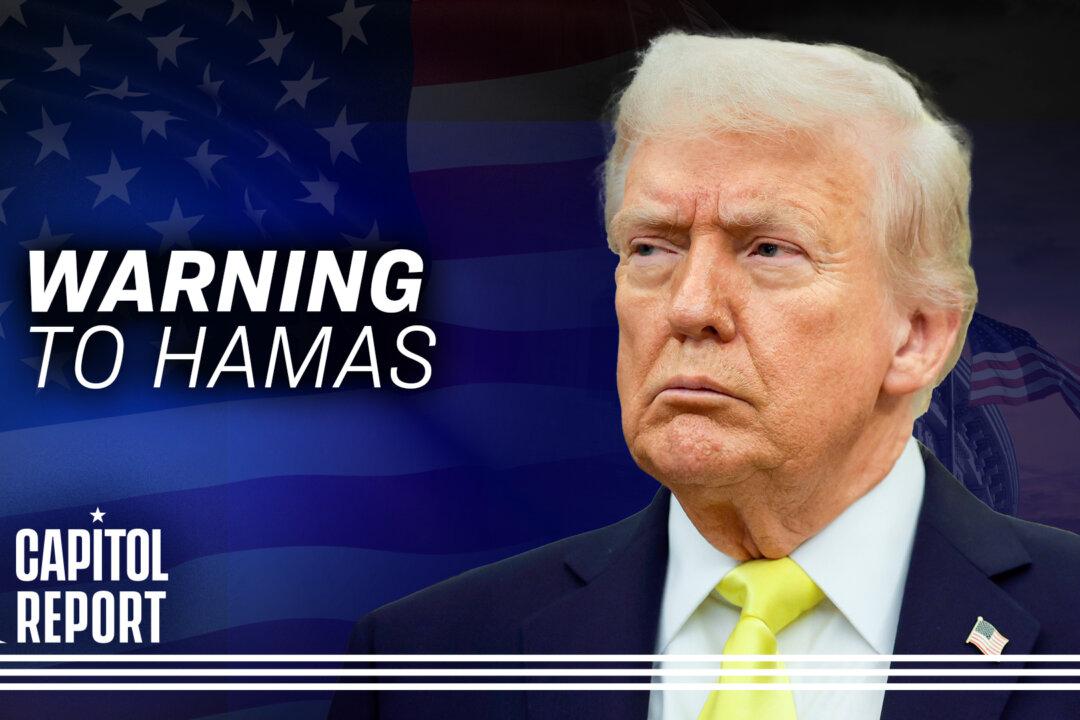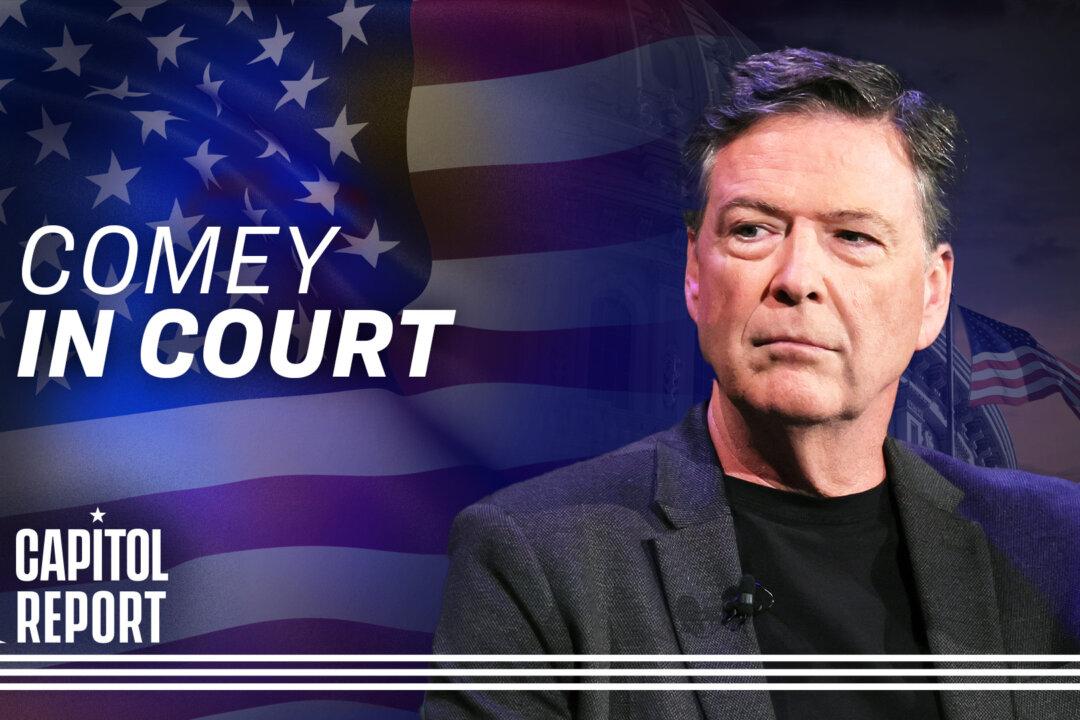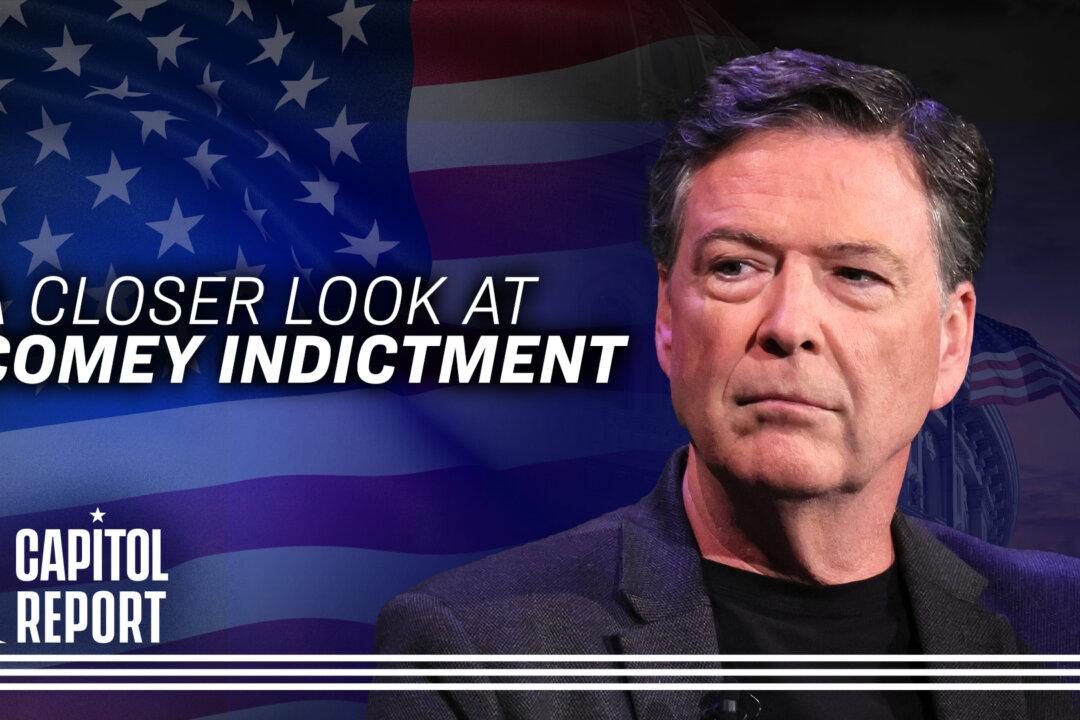Beijing is engaged in a “whole-of-government” campaign to destabilize Taiwan with military force, as well as political and economic influence, a senior Pentagon official said.
While Taiwan is a self-ruled island with its own democratically-elected government, constitution, and military, China considers it a renegade province that must be united with the mainland, by force if necessary. Beijing believes any form of social chaos in Taiwan would provide it with a legitimate reason to push for its unification agenda; thus, it has intentionally sought to undermine Taiwan’s democratic system over the years.
